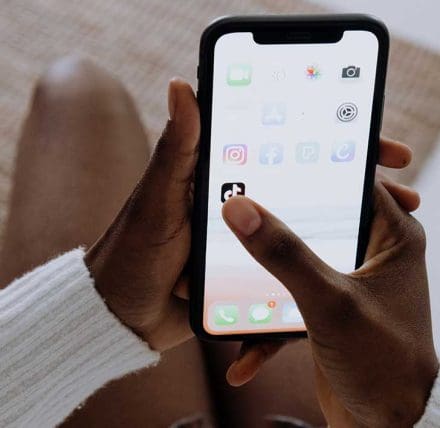


TikTok trends and the potential for copyright infringement
INSIGHTS
TikTok is a platform which is widely used by social media influencers, businesses and individuals.
Many users have become obsessed with the trends seen on the platform, including funny videos, challenges and dances. However, some users have been left wondering about the potential copyright implications of recreating the dance moves of others, particularly following JaQuel Knight’s registration of copyright for the dance moves for the “Single Ladies” choreography. Whilst this was dealt with under American legislation, platforms such as TikTok leads many to wonder about the applicable law in their own jurisdictions.
TikTok now has more than 1 billion users, with each user being required to agree to TikTok’s “Terms of Service” before being permitted to use the platform. Agreement to TikTok’s Terms of Service means that a legally binding agreement is formed between TikTok and the user. TikTok has also drafted a specific Copyright Policy which states that, “Any user content that infringes [another] person’s copyright may be removed”. The Policy also stipulates different approaches that should be taken dependent on where the user is located.
Ultimately, it is for the user of TikTok to consider whether the content that they intend on posting is, or could be argued to be, in breach of copyright laws and TikTok policy. A violation of copyright could have far more serious consequences than being suspended or blocked from TikTok as it could result in legal proceedings being raised against the person in breach of copyright.
Regular TikTok users will be aware of the #BlackTikTokStrike which involved black people who are TikTok content creators going on strike after their dance moves were copied without the original creators receiving their due credit for their own work. One well known example of this was the dance known as ‘Renegade’ which was created by teenager, Jalaiah Harmon. Despite Jalaiah creating the dance, she was often not tagged or given credit when the trend of recreating the dance took off. It was only after public backlash that Jalaiah was given proper recognition for her work by being invited on to various television programmes.
Choreography can be copyrighted under the current UK legislation as a dramatic work. In order to benefit from UK copyright protection, the dramatic work must be original. As such, the author of the work (i.e the creator of the choreography) would require to demonstrate that the TikTok dance is original if they wished to rely on its copyright. Whilst the UK has traditionally had a relatively low threshold when it comes to the requirement for originality, it is likely that short, simple dances would not qualify for protection. However, it remains to be seen whether the more complicated TikTok Dances would qualify for copyright protection and whether the authors of these works will seek to claim ownership through the court as these disputes appear to have been dealt with by alternatives to litigation to date.
About the authors
RELATED
CONTACT US
Call us for free on 0330 912 0294 or complete our online form below for legal advice or to arrange a call back.